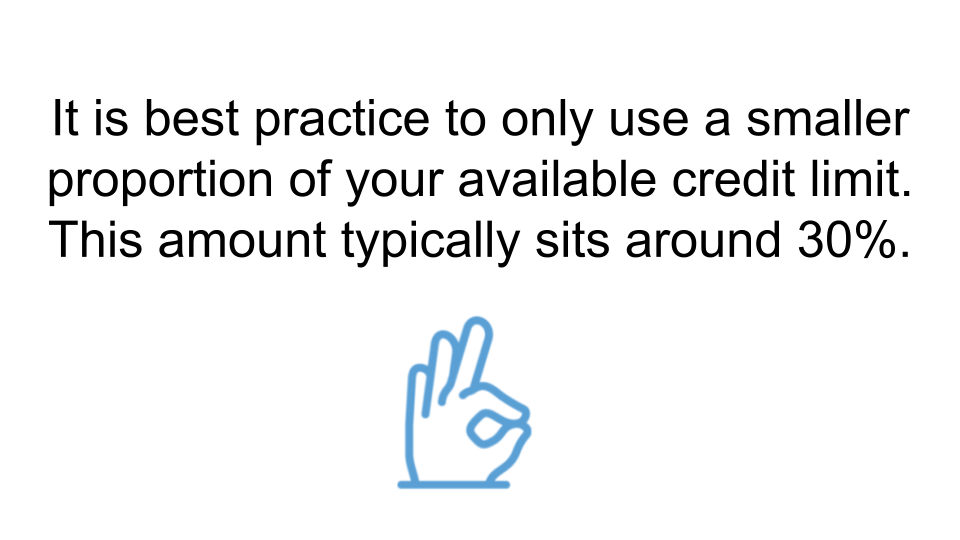A solid understanding of your credit limit, as well as how you can best use it, can help you to build up your credit rating and thus credit score, opening up the best rates for loans such for cars or even a mortgage.
A credit limit refers to the cap on how much you can spend on a credit card or through a line of credit with a bank or credit union. It is essentially the total maximum amount that a lender will allow you to spend.
It is not typically best practice to utilise your whole credit limit, as this does not necessarily prove to you that you know how to manage your credit and funds responsibly. If you understand how to manage your credit through your credit limit, then this can help you to build up a strong credit history and thus credit score.
How Can I Find Out What my Credit Limit is?
If you have taken out a credit card with a bank, you will be able to find your credit limit printed on your frequent bank statements, as well as on their app or online login.
You may also contact your credit card provider through their number on your statement, or on the bank of your credit card, to find out exactly what your credit limit is if you are unsure.
How Does My Bank Work Out My Credit Limit?
In order to be a responsible lender, your credit card provider must assess your finances to work out exactly what your credit limit should be. Typically, they will want your credit limit to be low enough that you cannot spend more than what you are able to pay back, but for it to also be high enough that you will spend using their credit card.
In order to determine what your credit limit will be, your bank will typically consider the following:
- Your current credit score and financial history
- Your monthly income
- Your current debt as a percentage of your income
- Any existing limits that you have on other credit cards
Some credit cards will range with their credit limits for their customers depending on the factors above. Other cards may have the same limits for everyone.
Why is My Credit Limit Important?
A large proportion of your credit score assesses how much total credit available to you is currently in use. As such, if you are using up to the maximum amount of your credit limit, this is likely to bring down your credit score.
A low credit score can result in struggles to receive loans or financing, as well as receiving worst interest rates on loans so having to pay back more.
As such, it is best practice to only use a smaller proportion of your available credit limit. This amount typically sits around 30%. Furthermore, you should try to ensure that you are paying off your entire credit card balance in full each month.

What Happens if I Exceed My Credit Limit?
Spending too much using your credit card can have negative consequences. These could include having to pay overage limit fees as well as even having your credit card taken away from you. In some instances, your interest rate may be increased on your monthly credit card repayments if you consistently exceed your credit limit each month.
As such, it is extremely important to make yourself aware of your credit limit when spending on your credit card.
Why Has My Credit Limit Changed?
Your credit card provider will frequently review how you are using your credit card, and change your credit limit according to your spending.
Your credit limit may increase if you make your payments in full and on time regularly, your income increases or your credit score increases. Your credit limit may fall if your debt increases, you only use your credit card occasionally, you regularly miss your repayments or your credit score falls.


